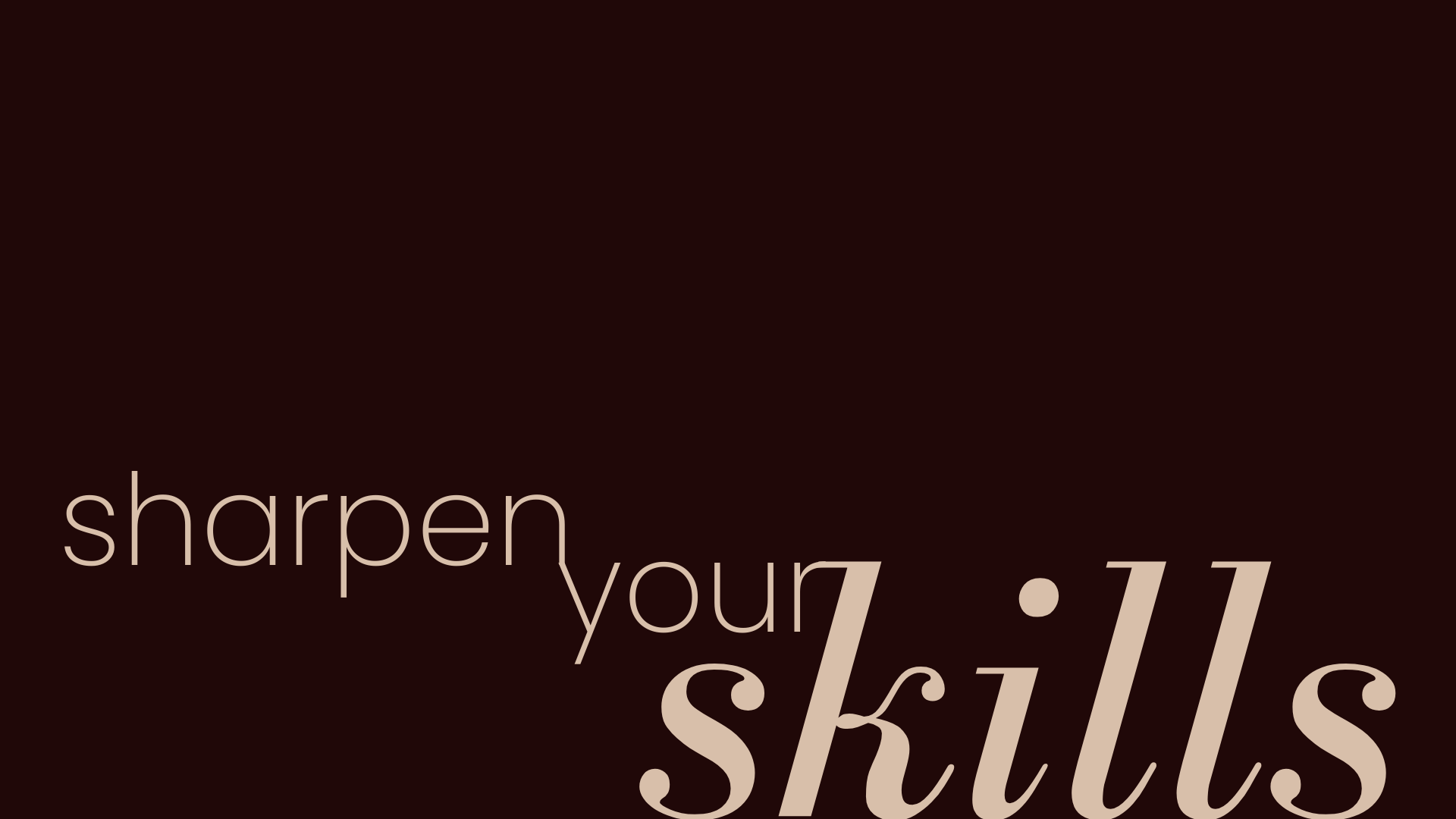How to sell your skills in your resume: Pitching a persuasive personal brand
Elevate your resume from ordinary to outstanding. Learn how to write a better resume that positions your skills for instant impact with recruiters.
If your resume isn’t landing interviews, the issue may not be your experience, but how you’re selling it. Like any good marketing, your resume should stop the scroll. The skills you share in your resume are about much more than a few dot points you pick. When you build your career brand strategically, you sell your value at every opportunity. Here’s how to communicate, with confidence, clarity and credibility to write a resume that stands out in a sea of sameness and opens the door to your dream job:
1. Sell your skill in the first sentence
Your Value Proposition takes prime position on Page 1 of your resume. It’s the elevator pitch for your professional personal brand. It helps the reader make sense of everything else they’ll read in your resume. It connects the dots for your career history and capabilities. As no one else has had your exact experience, it’s unique to you.
Humans have a primacy and a recency bias. Meaning we recall what we read at the start and end the most. Everything in the middle gets muddled. Your Value Proposition is the first section of your resume, so use it wisely. To stress your potential even more, share your skills in the first sentence. Don’t be vague. The hook of your resume needs to be sharp, not full of fluff. Highlight the most important hard skills for the role you're targeting and add evidence and industry experience up front. For example, how many years have you built the capabilities you’re claiming to have? For example:
“I am a Project Manager and operations specialist with 7+ years of experience in construction, mining and civil sectors….”
Write your first sentence last - after you’re empowered with the knowledge from the rest of your resume and sell your skills to stand out from the start.
2. Package your skills in a Page 1 pitch
While your Value Proposition is the elevator pitch of your resume, it forms part of your overall Page 1 pitch. Make it persuasive. Page 1 of your resume is the executive summary of your professional brand. Include a skills profile on the first page of your resume, positioning this as your Key Expertise. While dot-pointed skills might suit highly technical roles or early career beginners, my first preference is to package skills. This means you’re doing the mental heavy-lifting for your reader.
Pick 4-5 skills to showcase. Reflect the priorities of your target role. Brainstorm this section first and then write it as the second-to-last section of your resume. You can then charge it with confidence from what you discovered while writing the rest of your resume. See it as a summary within a summary. It’s the mini executive summary for the rest of your resume. Add evidence and aggregate as many of your skills as possible.
For example:
Stakeholder Engagement: Skilled collaborator, building relationships with internal and external stakeholders, including with up to 2K+ customers, 20 industry partners, 3 local councils and state government departments, such as with The Department of Education.
Financial Management: Highly proficient in managing budgets ranging from $500K - $1.5M, leading annual budget negotiations, identifying significant cost savings of up to $200K annually and delivering regular monthly reporting for senior executives and board members.
Written & Verbal Communication: Confident communicator, leading email marketing and writing weekly newsletters delivered to 5K+ customers. Skilled presenter, regularly presenting at monthly senior management forums, and experienced industry guest speaker for associations and universities. *Note, this example could be strengthened even further by name-dropping the institutions you’ve engaged with speaking for.
You can also group related skills to elevate this further and tick more boxes for your target role e.g:
Policies, Procedures & Compliance
OHS, Risk Management & Incident Investigation
Date Analysis & Reporting
Stakeholder Engagement & Team Leadership
These are just some examples; determine what’s most relevant to you, but aim to turn vague words into clear hard or soft skills, with evidence. Add numbers to pop on the page for skimming Hiring Managers and give the eyes something to land on. Add known brand names to create credibility and familiarity - this builds trust by association.
3. Mirror the language of the job description and advertisement
Company cultures have their own tone of voice and jargon. When selling your skills, speak the language of your target employer. Reflect the terminology of the job advertisement and position description. Whether it's your Key Expertise, Value Proposition or Highlights in your resume, mirror the words they prefer. Match their vibe and make it obvious to the Hiring Manager that you have the skills they are seeking.
Remember, it isn’t always someone who is an expert in your industry doing the initial screening in the recruitment process. Reflect the job description as much as possible to show them how you tick the boxes they are evaluating you against.
4. Put your skills in headlights
Directly under the name in your resume headline, highlight your relevant skills and qualifications, e.g:
Marketing & Communications Manager
Sales & Business Development Management Specialist
Commercial Manager | Project Manager | Operations | MBA
This is the ribbon on the top for the personal brand packaging before you reveal its next layers in your resume.
5. Speak of your achievements through your skills
Always aim to write an achievement and action-oriented resume. Don’t simply parrot the roles and responsibilities in your current job description. Show the impact you’ve had in your professional experience, unique to you. Start each highlight with action-oriented verbs and state the actions you took to achieve what you did. There are several frameworks you can follow; some common ones are:
STAR - Situation, Task, Action, Result
CAR - Challenge, Action, Result
You don’t have to strictly always follow these formulas or sequences for the Professional Experience section of your resume. But most importantly, always think about actions and results. Note, you can also start with the result upfront to add more emphasis to your impact.
From confused to standout skills
Your resume isn’t a list of jobs; it’s a personal brand story that speaks to your professional value. Lead with your strongest skills, prove your impact, and share your skills so well that they can’t ignore you. Make it unmistakably clear why you’re the right fit. When your skills are packaged with purpose and your achievements shine through, your resume gets noticed and shines for a short list, leading you one step closer to your next dream role.




